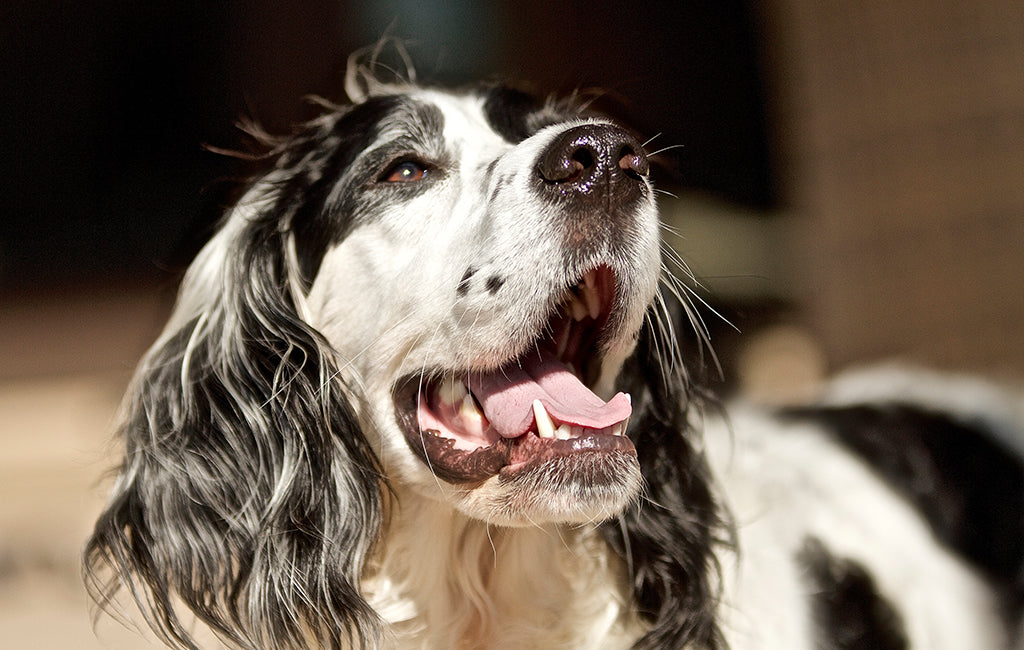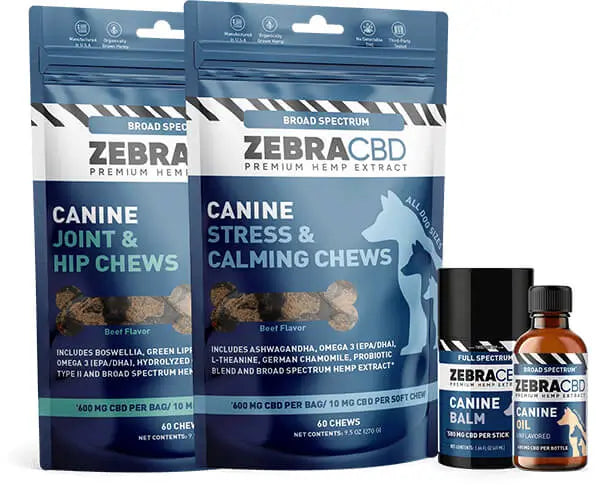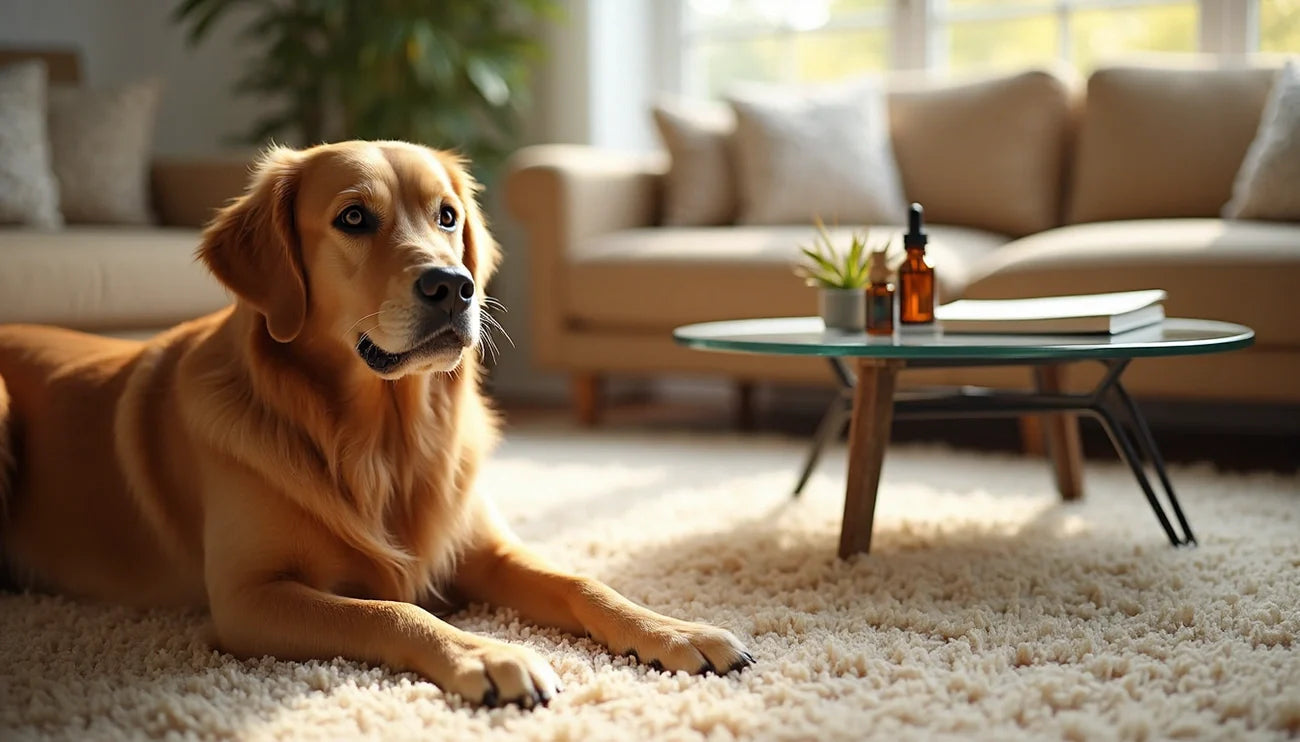
Your dog is your best friend. You love everything about them, from their floppy ears to their confident but slightly goofy gait. There’s not much your dog can do to disappoint you or make you love them any less.
But if you’re being honest, you’ll admit that sometimes your dog’s breath can be a lot to handle. And if your hound’s stinky dog breath is getting in the way of the play and cuddles you and your pet both love, you’ve probably been brainstorming ways to deal with the issue.
Mitigating bad dog breath often begins with making adjustments to your dog’s diet.
Fear not, however. Your dog’s bad breath doesn’t have to be an ongoing issue. Keep reading for 6 tips on how to get rid of bad dog breath.
#1 Brush Your Dog’s Teeth Regularly
Since you were a young child, your parents and other caretakers have most likely impressed upon you the importance of proper dental hygiene like brushing your teeth. From staving off cavities and tooth-crumbling decay to keeping your mouth fresh and odor-free, brushing is the foundation upon which every other aspect of oral care is built.
And when it comes to your dog’s mouth, things are not that different. Many veterinarians recommend regular teeth cleaning because dogs, like humans, can suffer from a dental disease like periodontal disease. In fact, it’s recommended that you brush your dog’s teeth as frequently as you brush your own — that is, twice a day.
But that doesn’t mean your dog’s teeth are exactly like your own. There are two essential essential factors to keep in mind when it comes to brushing your canine’s fangs:
- Use dog-friendly toothpaste – If you’re thinking of reaching for the Crest you use to clean your own teeth, think again. You should never use toothpaste designed for humans on your dog. Instead, talk to your veterinarian or visit the nearest pet store to find out about purchasing a toothpaste that’s made for doggy teeth.
- Use a dog-friendly toothbrush – Your dog’s mouth might be more sensitive than you think, so be sure to seek out a toothbrush that’s designed with your dog’s molars in mind. The most important thing is to go for a brush with soft bristles, so that you don’t hurt your pup’s gums. Plus, the less discomfort your dog experiences while you brush, the less they’ll fight against it.
#2 Spoil Your Dog With Chew Toys and Teeth-Friendly Treats
It goes without saying that in the wild, dogs don’t brush their teeth. But that doesn’t mean their bodies aren’t equipped with ways of keeping their mouths clean and healthy. And one of the most significant ways canines do so is by chewing.
Chewing is an important aspect of your dog’s oral health. Aside from helping to keep their teeth strong and sharp enough to chew (and protect themselves, if necessary) chewing also helps break down and prevent tartar build-up that leads to bad breath.
Regular, old-fashioned chew toys are a great place to start. But if your dog's breath is particularly rancid, you may also consider:
- Dental chew toys – From tug ropes that floss to toys that use baking soda to combat plaque and bad breath, you have many options for making oral health fun for your dog.
- Dental chews – Treats that blast away plaque, remove tartar and freshen your dog’s breath? Dental care never tasted so good, especially with Zebra CBD’s CBD chewable tablets for dogs.
#3 Be Conscientious About What You Feed Your Dog
Diet is just as important to your dog’s oral health as it is to your own. You would subsist on candies, sweets and other food that’s bad for your teeth and expect a glowing report at your next dentist’s appointment. Why would it be any different for your dog?
Mitigating bad dog breath often begins with making adjustments to your dog’s diet. The first step is feeding your dog a regular, well-rounded diet. That means buying dog food that’s appropriate for your dog’s age, breed and size. It also means ensuring that the food you buy is stamped with a seal of approval from the Association of American Feed Control Officials (AAFCO).
In between meals, you can treat your dog to these healthy snacks to ward off bad breath:
- Apple slices
- Carrots
- Celery
- Cucumbers
#4 Add Parsley to Your Dog’s Diet
You might already know that for humans, parsley offers a wide range of potential benefits, supporting urinary and digestive health, bettering your appetite and controlling muscle spasms. It’s also a popular way to freshen your own breath after a meal.
But did you know that parsley can also work wonders for your dog’s mouth?
It doesn’t take a lot of parsley to start improving your dog’s breath. Here are two simple ways to use it:
- Add it to your dog’s food – You can mix parsley in with your dog’s food to fight bad breath. Simply the parsley into small, manageable sizes and mix it in. Think of it as a garnish!
- Add it to your dog’s water – Blending a small amount of parsley into your dog’s water is a simple way to introduce it to their diet. The recommended amount is about 1 teaspoon of parsley for every 20 pounds of your dog’s weight.
#5 Add Apple Cider Vinegar to Your Dog’s Water
Apple cider vinegar is one of those products that seems to have countless uses. From making salad dressing and marinating meat to rinsing your hair, there’s a reason that apple cider vinegar is a staple of so many pantries.
Now, here’s another benefit to add to the list: fresher breath for your dog.
The reason for this may have to do with the antimicrobial properties of apple cider vinegar. Because it’s known to kill microbes, it’s thought that apple cider vinegar may also work as an odor eliminator.
Wondering how to get rid of bad dog breath using apple cider vinegar? It’s simple. Add a very small amount — about half a teaspoon should do — to your puppy's water bowl and let them slurp it up.
#6 Regular Veterinarian Check-Ups
Sometimes, bad breath can be a sign of gum and tooth decay issues in dogs. But the truth is, a stinky mouth isn’t always the result of poor oral hygiene. That’s why ensuring your dog makes it to all of his veterinarian appointments is vital to caring for their oral and overall health.
Some of the non-oral health problems that can affect your dog’s breath can be very serious, especially if you don’t catch and treat them early. Visiting the doctor is the only way to be sure that your dog’s bad breath doesn’t stem from more serious issues that may be affecting their kidneys or liver.
Stay Fresh With Zebra CBD
If you’re looking for ways to get your dog’s breath under control, you should consider Zebra CBD and some of our best CBD products for dogs, including our CBD calming chews for dogs. Not only do they have the potential to keep your dog docile and well-behaved, but the chewing may even help keep their breath fresh.
What does CBD do for dogs? Find out today.
Sources:
VCA Hospitals. Brushing Teeth in Dogs. https://vcahospitals.com/know-your-pet/brushing-teeth-in-dogs#
Muenster Milling. Surprising Foods That Can Improve Your Dog’s Breath. https://muenstermilling.com/surprising-foods-can-improve-dogs-breath/
The Farmer’s Dog. Natural Remedies for Dogs With Bad Breath. https://www.thefarmersdog.com/digest/natural-remedies-for-dogs-with-bad-breath/










